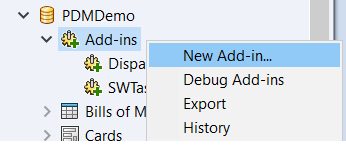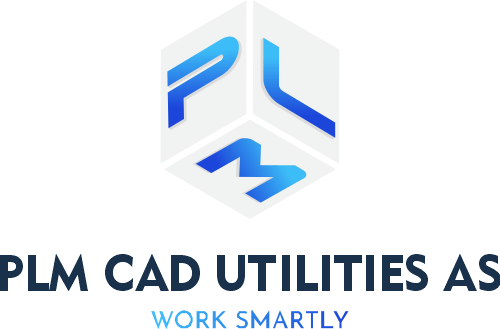- Home
- /
- Services
- /
- Teamcenter
- /
- Is PDM Performance Slowing Down Your Work?
Is PDM Performance Slowing Down Your Work?
Over time, many SOLIDWORKS PDM users notice a drop in system performance. This slowdown can frustrate teams, delay projects, and increase administrative headaches for PDM managers. The good news? These bottlenecks can be identified and resolved, restoring your PDM to peak efficiency.
At PLM CAD Utilities, we specialize in diagnosing the root causes of PDM performance issues and implementing proven solutions to speed things up.
How We Help Improve PDM Performance
Our approach focuses on identifying the exact cause of the slowdown—whether it’s a database issue, network bottleneck, or inefficient add-ins—and then applying targeted fixes. We help you:
- Optimize SQL Server configurations
- Improve server hardware performance
- Streamline network connectivity
- Refine or remove inefficient add-ins
- Reduce downtime and speed up file operations

PDM Performance Factors
SQL Database performance
SQL and Archive server performances
Connectivity to SQL database
Applications installed on client
SOLIDWORKS PDM Add-ins
Contact Us
Get Your SOLIDWORKS PDM Running at Full Speed
A slow PDM system doesn’t just affect engineers—it impacts your entire project workflow. By resolving these bottlenecks, you can boost productivity, reduce frustration, and keep deadlines on track.
PLM CAD Utilities has the expertise to bring your PDM back to top performance.
📞 Contact us today to find out how we can help you speed up your SOLIDWORKS PDM and keep your team moving forward.
Common Causes of SOLIDWORKS PDM Performance Issues
SOLIDWORKS PDM speed depends on a combination of software, hardware, and network factors. Understanding these elements is key to restoring optimal performance.
1. SQL Database Performance
The Microsoft SQL database is at the core of SOLIDWORKS PDM, storing all essential metadata. Slow database performance can significantly impact PDM speed. Key factors include:
- Available RAM and how much is allocated to SQL Server
- Processor speed of the server
- Fragmentation of SQL indexes affecting query speed
- Hard disk read/write performance
- Overall network speed and stability


2. Server and Network Connectivity
Even if your SQL Server and archive server are well-optimized, poor connectivity can cause major delays. Check for:
- Quality and stability of connections between clients and servers
- Whether replication is in use and how well it’s configured
- Connection speeds between replicated servers
- Competing applications that may consume excessive bandwidth
3. Add-ins and Customizations
SOLIDWORKS PDM allows customization through API-based add-ins. While these extend functionality, they can also slow the system if not well-optimized. Performance issues often arise when:
- Too many add-ins run simultaneously, creating multiple hooks in the system
- Add-in logic is poorly written, causing unnecessary processing delays
- Actions trigger pre- and post-event processes that take too long to complete

